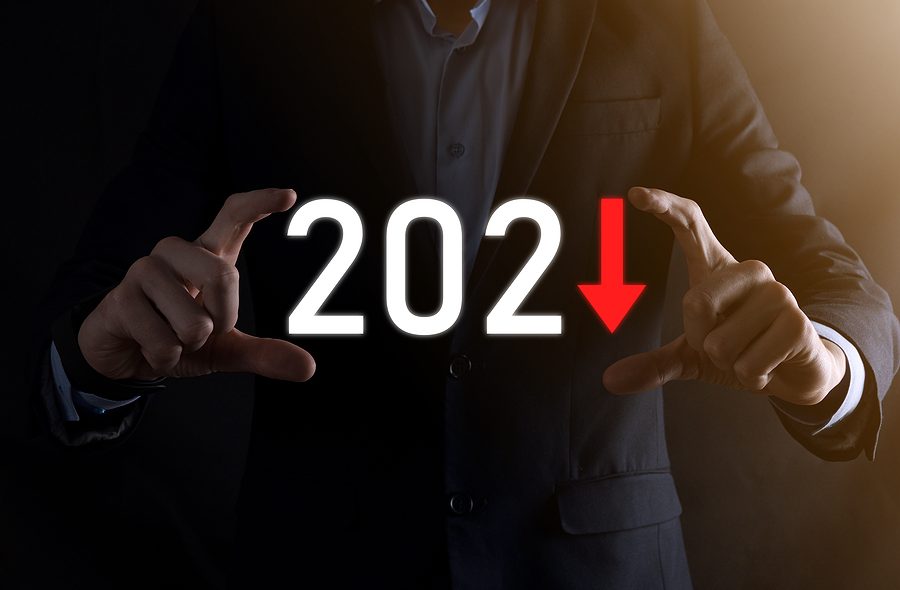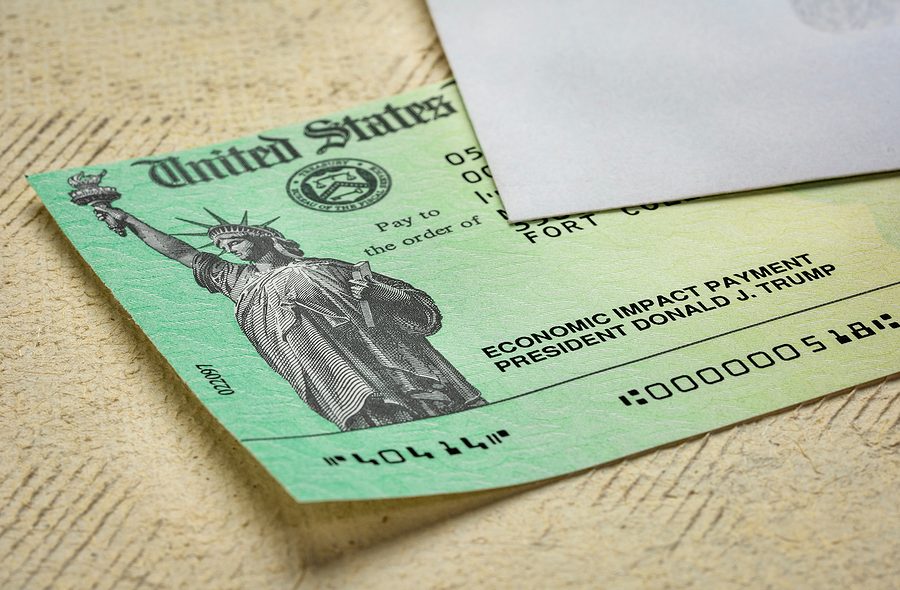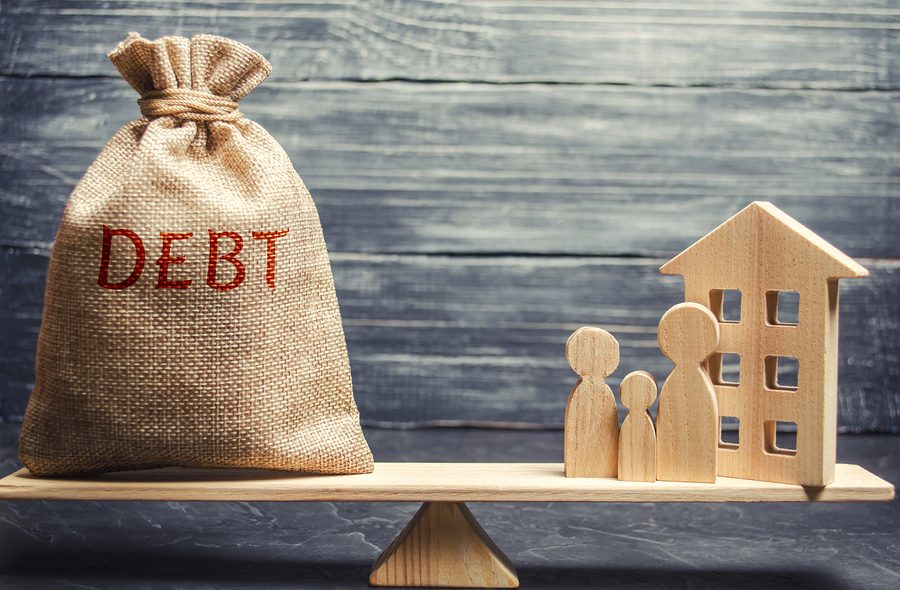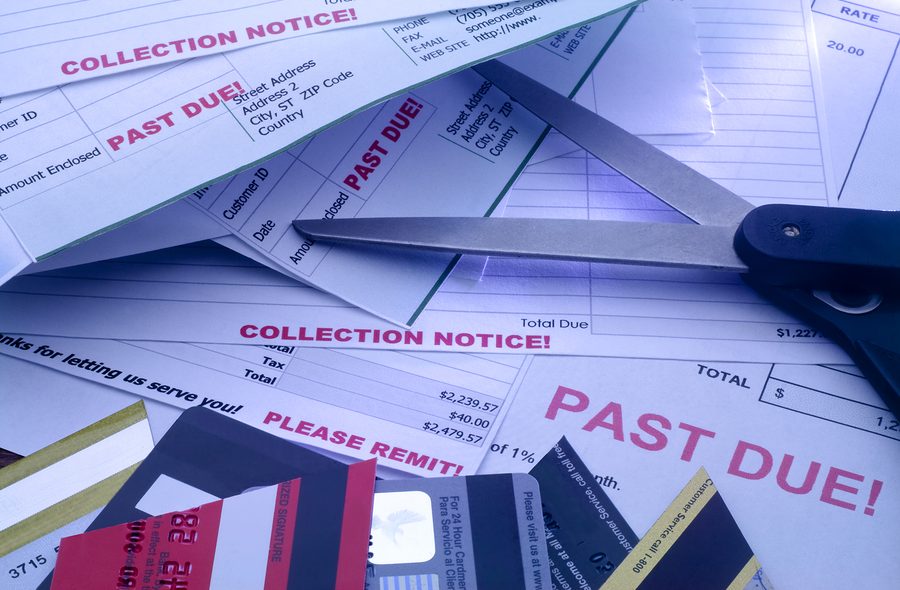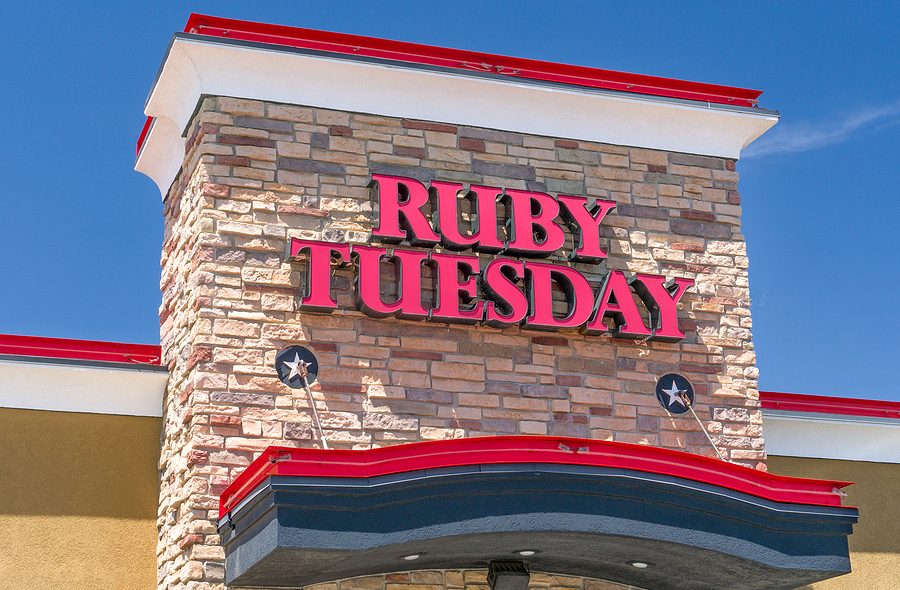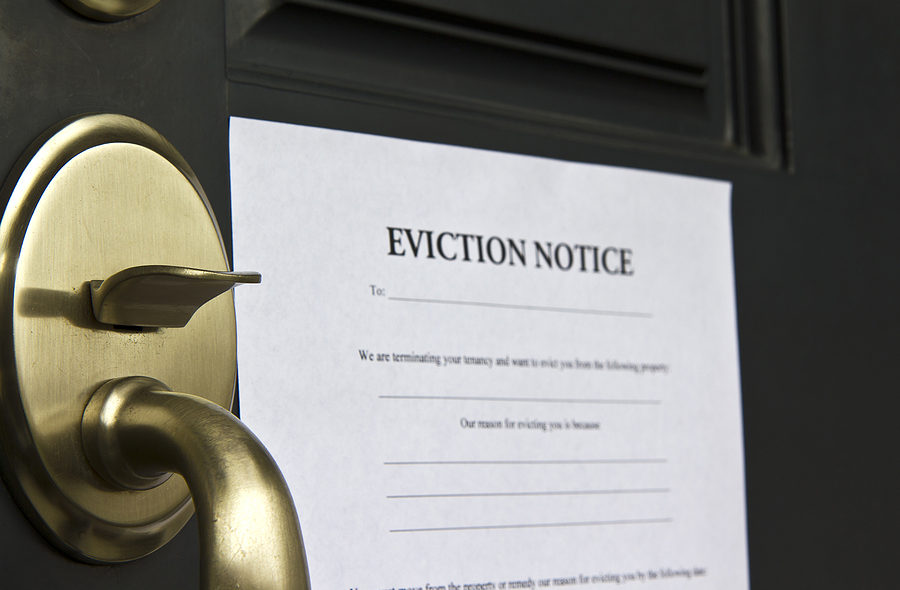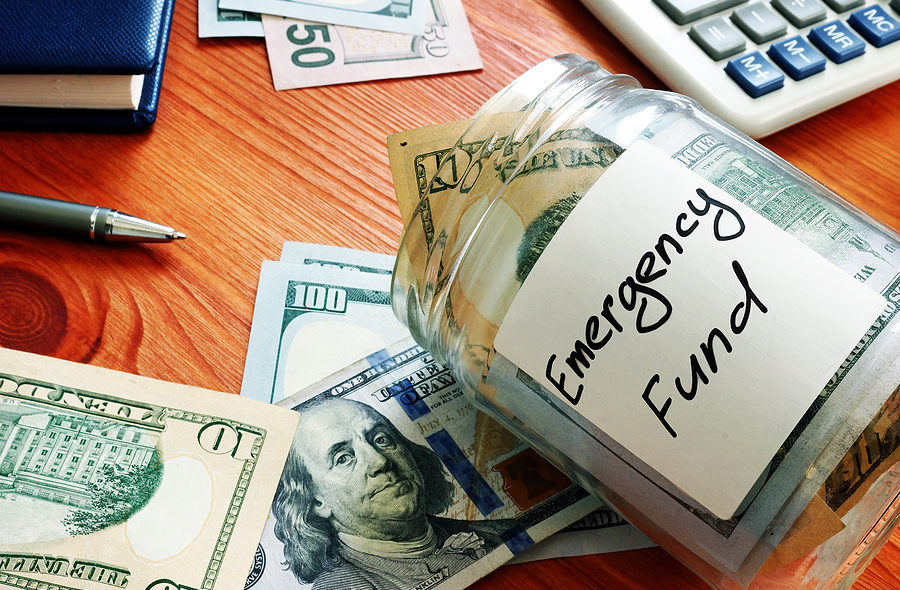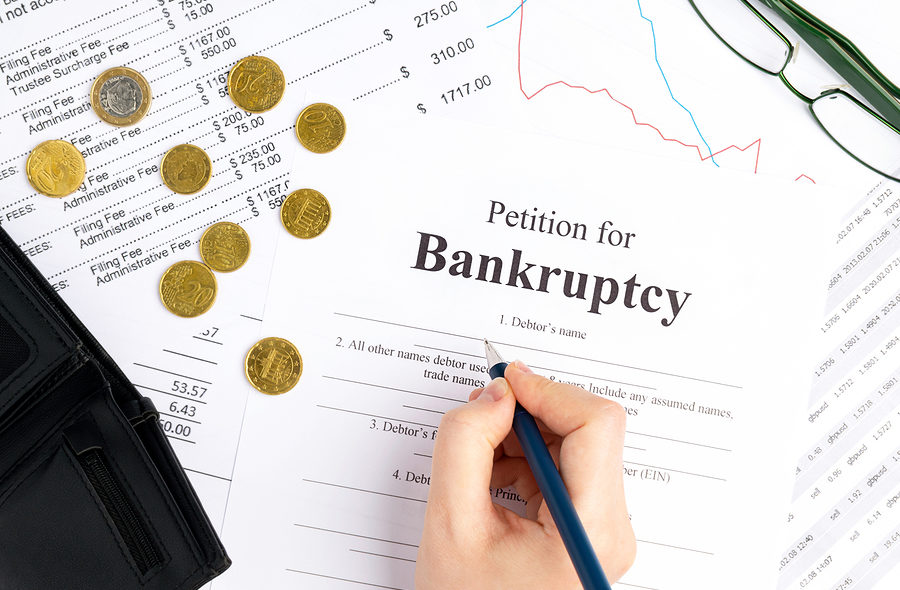Bankruptcy filings are on the decline, according to a recent report. Statistics released by the Administrative Office of the U.S. Courts, reveal bankruptcy filings dropped 38.1 percent for the 12-month period ending March 31, 2021. This dramatic drop in filings coincides with the COVID-19 pandemic, which first disrupted the economy in March 2020.
Bankruptcy filings fell for both personal and business bankruptcies. Non-business filings fell by a total of 38.8 percent, while business filings fell 13.9 percent.

